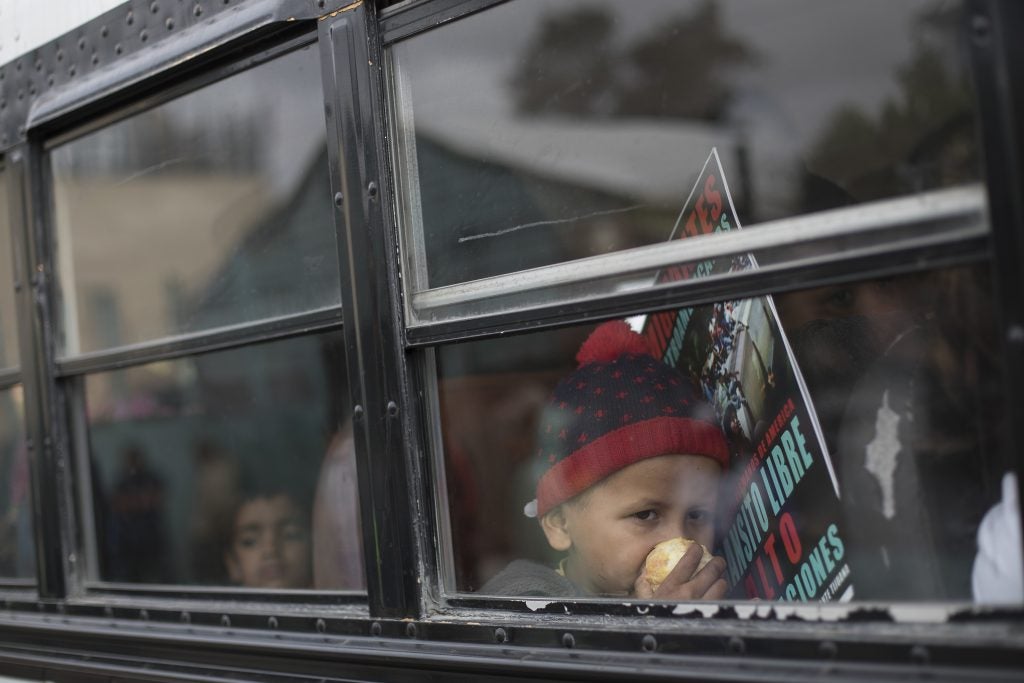Fathers know best
It’s as if the 18th-century gentleman anticipated the manipulation of our 21st-century politics when he advised us to 'guard against the impostures of pretended patriotism.'

The Washington Monument, sculpted by Rudolf Siemering, in Eakins Oval, (KenThomas)
To steady us in these most turbulent times, it can help to refer once again to the wit, wisdom, and warnings of our dads.
So much good advice there in the offing.
My Dad is slipping away into dementia and infirmity. His days of asking, “How’s the car running?” and “How’s the job?” when my Mom would hand him the phone are long gone.
But some of his greatest hits from the soundtrack of my youth will always reverberate.
· “Anything worth doing is worth doing well.”
· “Even the fish stays out of trouble if it keeps its mouth shut.”
· “Don’t worry, we’ll figure it out. Just do the best you can.”
· “Go up and down those stairs 10 times without making a sound.”
(I had three younger sisters – all fans of Shirley Temple movies – especially the one where Shirley and Bill ”Bojangles” Robinson tap-dance their way up and down the steps. We broke out that routine regularly, stamping and stomping and tripping on those bare stairs.)
Consider all the words of wisdom your own dad has decanted over the years – and sip on some of that advice in honor of Father’s Day.
It may restore a bit of the decorum torn asunder by the daily turn of events since Nov. 8, 2016.
Had Fred Trump’s words – and actions – been a tad kinder, a bit gentler, perhaps the nation would not be contending with the daily barrage of his son’s discontent.
From the first to the latest
The Founding Fathers also have a vast store of guidance worth another airing this Father’s Day.
“Labor to keep alive in your breast that little spark of celestial fire called conscience,” advised George Washington in what could be tailor-made instructions for his most recent successor.
Seated on his steed in the midst of Eakins Oval, Washington stares down the Benjamin Franklin Parkway toward City Hall and — about 140 miles farther south — the city named in his honor.
The Father of the Country is unable to look away from the greed and gridlock, the movers and shakers with their feet of clay.
Of course, Washington had his own failings. Despite his aspirations for a government grounded in liberty and justice, he owned slaves. It’s so difficult to comprehend how he could compartmentalize that crime as he worked to bring about the birth of a country conceived in enlightenment.
In “The Hurricane’s Eye,” his new book about the Battle of the Chesapeake and its crucial part in Washington’s victory at Yorktown, Nathaniel Philbrick writes that Washington had, by the end of his life, “realized that the greatest threat to the country’s future came from slavery.”
He learned from his mistakes, charted his course with the integrity of the surveyor he once was, and, writes Philbrick, was able to “sort through the distractions of life and recognize what really mattered.”
It’s as if the 18th-century gentleman anticipated the manipulation of our 21st-century politics when he advised us to “guard against the impostures of pretended patriotism.”

It’s become so divisive that it’s numbed us to our core, rendering us hapless bystanders as thousands of families are torn apart at the border.
On this Father’s Day, on any day, what do those fathers say as their children are taken away — confused, fearful and crying — to be warehoused in unknown places?
Even the eloquent Washington offers no guidance.
But his wish sounds over the centuries: “I had always hoped that this land might become a safe & agreeable Asylum to the virtuous & persecuted part of mankind, to whatever nation they might belong.”
Nora O’Dowd is WHYY’s evening editor.
WHYY is your source for fact-based, in-depth journalism and information. As a nonprofit organization, we rely on financial support from readers like you. Please give today.

